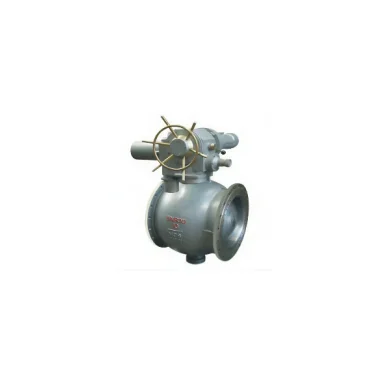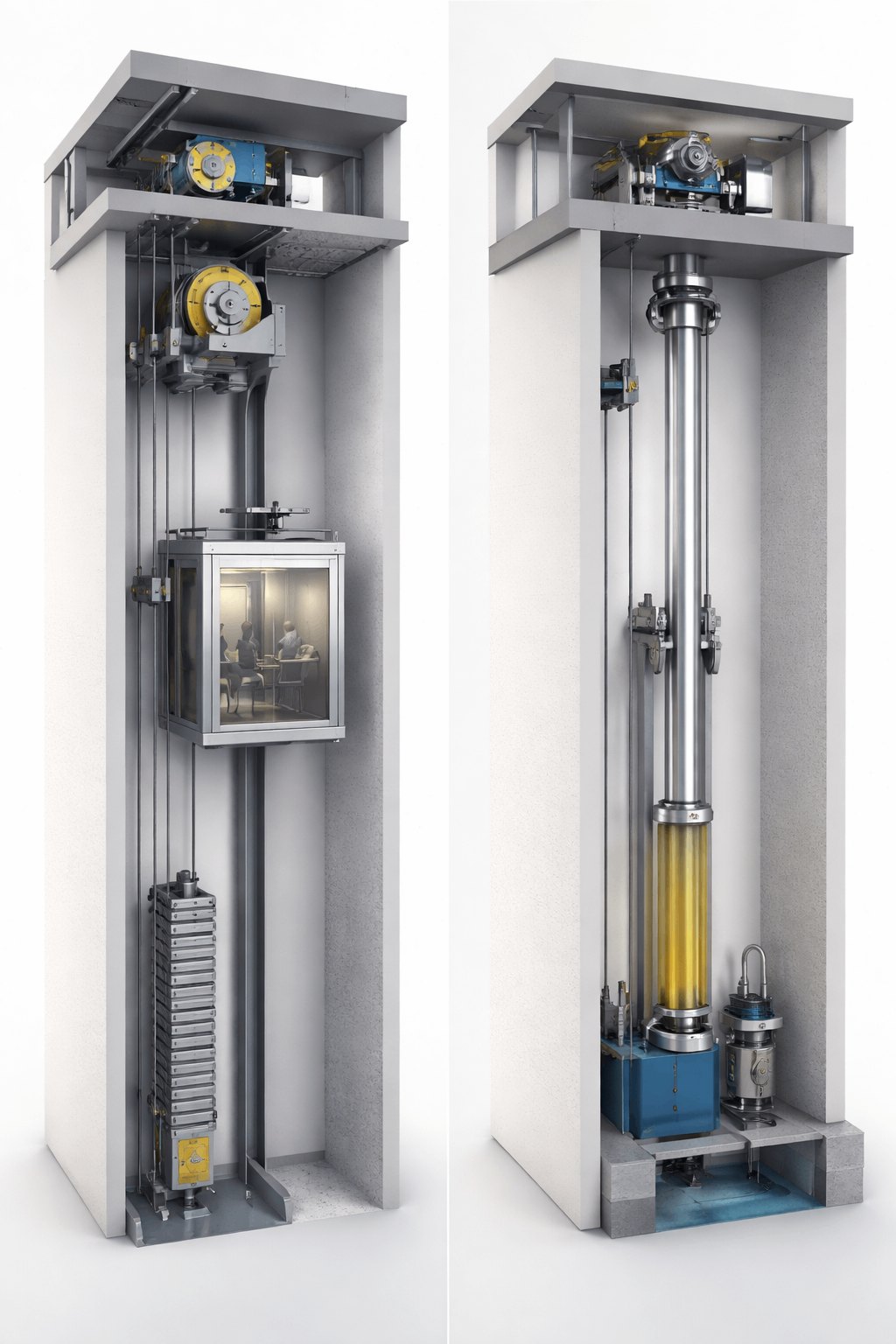Unlocking Comfort: The Science Behind Smart Vents and Their Impact on Home HVAC Efficiency
In the realm of modern home automation, smart vents have emerged as a revolutionary solution for optimizing heating, ventilation, and air conditioning (HVAC) systems. As homeowners increasingly seek energy-efficient and cost-effective ways to maintain indoor comfort, understanding how smart vents work becomes essential. This article delves into the mechanics of smart vents, their integration with HVAC systems, and the benefits they offer in enhancing indoor air quality and energy efficiency.
Understanding Smart Vents: The Basics
At its core, a smart vent is an electronically controlled air vent that can open and close based on real-time data and user preferences. Unlike traditional vents, which operate on a fixed basis, smart vents utilize sensors and smart technology to adjust airflow dynamically. This capability allows for precise temperature control in individual rooms, ensuring that every space in a home is comfortable without overworking the HVAC system.
How Smart Vents Operate
- Sensors and Data Collection: Smart vents are equipped with temperature and occupancy sensors. These sensors monitor the temperature of individual rooms and detect whether they are occupied. By collecting this data, smart vents can make informed decisions about when to open or close, optimizing airflow based on real-time needs.
- Integration with Smart Home Systems: Most smart vents can be integrated with existing smart home ecosystems, such as Google Home or Amazon Alexa. This integration allows users to control their vents via smartphone apps or voice commands, providing convenience and flexibility. Additionally, many systems can learn user preferences over time, adjusting settings automatically to enhance comfort.
- Zoning Capabilities: One of the standout features of smart vents is their ability to create a zoning system within a home. By controlling airflow to specific areas, smart vents enable homeowners to maintain different temperatures in different rooms. For instance, a home office can be kept cooler during the day while bedrooms can be warmed up in the evening, leading to significant energy savings.
The Benefits of Smart Vents
- Energy Efficiency: Traditional HVAC systems often operate on a one-size-fits-all basis, leading to energy waste in unoccupied rooms. Smart vents address this issue by directing airflow only where it is needed. Studies have shown that homes equipped with smart vent technology can reduce energy consumption by up to 30%, translating into lower utility bills.
- Enhanced Comfort: By providing personalized climate control, smart vents ensure that every room in the house maintains a comfortable temperature. This is particularly beneficial in multi-story homes where temperature discrepancies can be pronounced. Homeowners can enjoy a more consistent and pleasant indoor environment.
- Improved Indoor Air Quality: Smart vents can also contribute to better indoor air quality. By regulating airflow and ensuring proper ventilation, these systems help to reduce the buildup of allergens and pollutants. This is especially important for households with individuals who suffer from allergies or respiratory issues.
- Remote Monitoring and Control: The ability to monitor and control smart vents remotely adds another layer of convenience. Homeowners can adjust settings while away from home, ensuring that their living spaces are comfortable upon their return. This feature is particularly useful for vacation homes or during extended absences.
Installation and Considerations
While the benefits of smart vents are compelling, potential users should consider a few factors before installation. Compatibility with existing HVAC systems is crucial; not all systems may support smart vent technology. Additionally, professional installation may be required to ensure optimal performance and integration.
Conclusion
Smart vents represent a significant advancement in HVAC technology, offering homeowners a practical solution for enhancing comfort and energy efficiency. By understanding how smart vents work and their myriad benefits, homeowners can make informed decisions about integrating this technology into their living spaces. As the demand for energy-efficient solutions continues to grow, smart vents are poised to play a pivotal role in the future of home climate control. Embracing this innovation not only leads to a more comfortable home but also contributes to a sustainable future.


